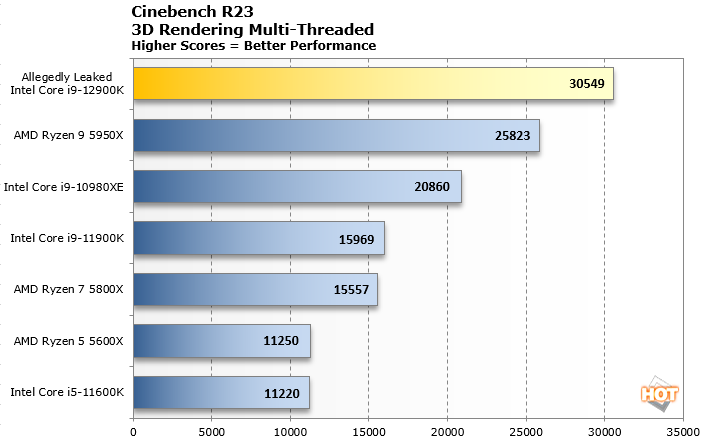Sir Beregond
Gawd
- Joined
- Oct 12, 2020
- Messages
- 947
Damn, houses here are $500-$600k now or more. Anything under that is in bad parts of town or needs a lot of work. Anything around $200-$300k tends to be condos or apartments. It's ridiculous.I bought a house in 2011 for 134K then sold that home in Valparaiso, Indiana in 2019 for 189K, this year, that same home is going for 289K (if it was sold). Even with the uptick, the money I would have made off it if I had sold it today wouldn't have gone as far...
In 2019, I picked up a fixer upper in a nearby town for 138k. Fixed it, paid it off and gonna live in it until I die. However, today it's worth ... 250+K.
Anyone getting into the homes market now, with likely little to no additional income increases, is screwed.
![[H]ard|Forum](/styles/hardforum/xenforo/logo_dark.png)
